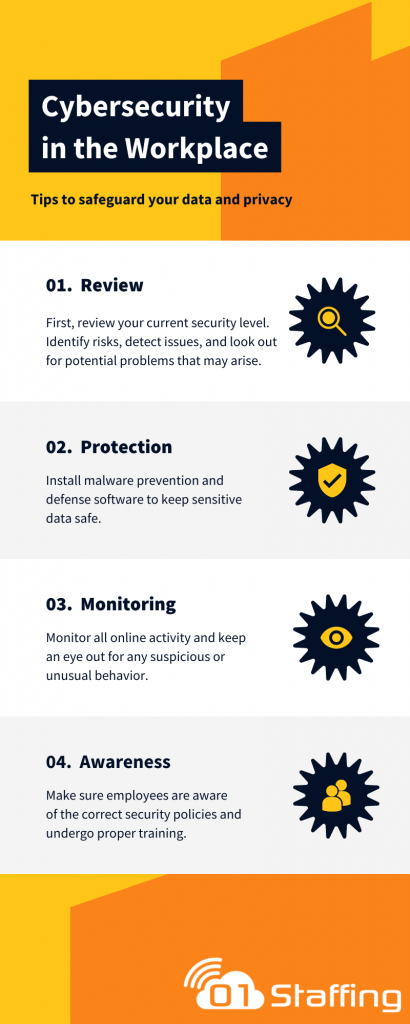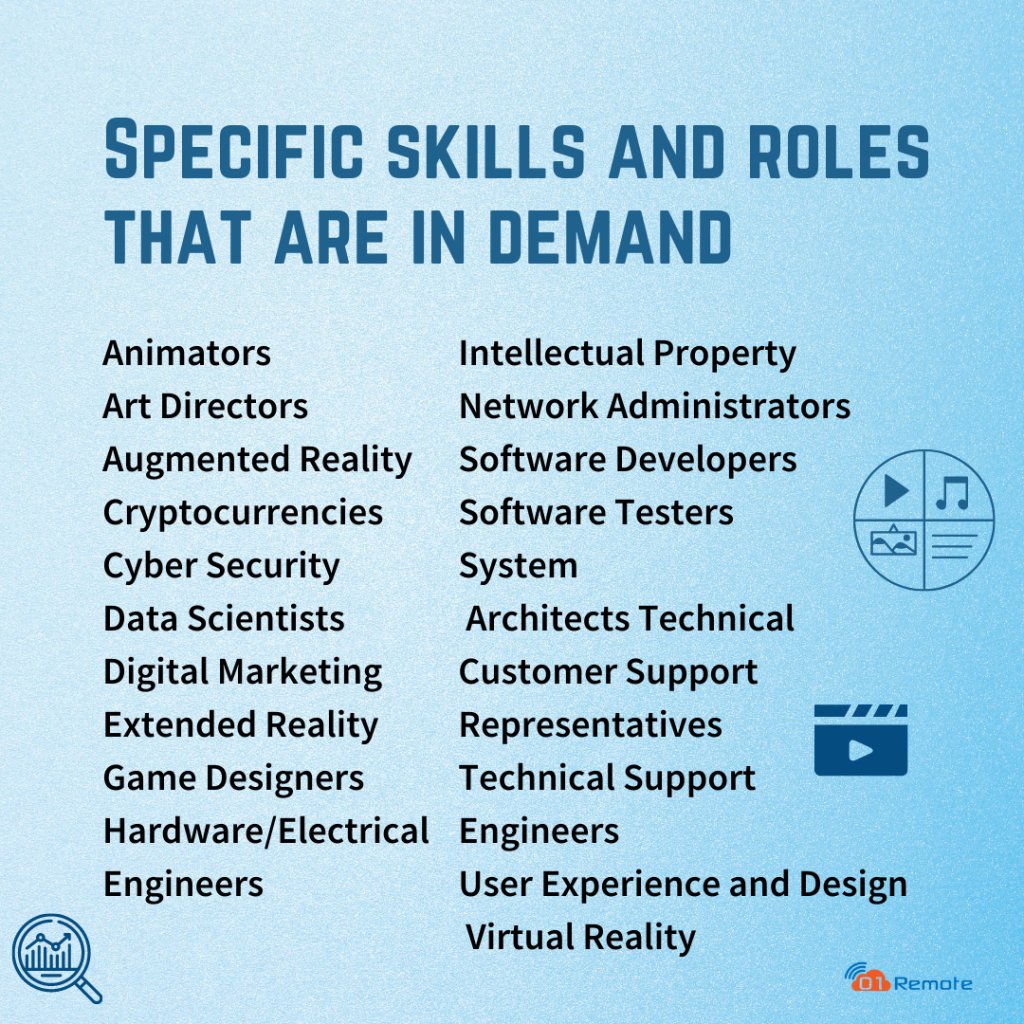The average customer-friendly John may ask for a client’s data with nothing but good intentions. But the creeps who hacked the system are just waiting to feed on customer data with malicious intent.
In the digital world we live in, crimes have also gone cyber. It is a common misconception that emails are secure. If your company is asking for sensitive data through email, chances are, you are exposing clients to cyber breaches. So, here’s how to send sensitive information via email.
Email Encryption is Not Enough
People feel safe sending information via email, believing that the content will be encrypted and protected from third parties. However, hackers can still access messages if they are sleazy enough.
Forbes data reveal that 83 percent of companies have undergone email data breaches — with compromises ranging from unauthorized access and disclosure to plain old human error. Ninety-five percent of IT leaders believe that sensitive client and corporate data is at risk of loss and unauthorized disclosure via email.
However, companies, including banks, continue to ask for potentially sensitive documents or information over email for ease of transaction and customer convenience. This unnecessarily exposes customers to grave security breaches. These vulnerabilities could also trigger compliance considerations. Not only are cybersecurity issues detrimental to customer trust, but they could also land companies in turbulent legal waters, damaging the financial service provider’s profitability and reputation.
Asking for data? APIs are the Answer
API stands for Application Programming Interface. They are used to connect various computers and facilitate data exchange between them. They possess a set of routines, protocols, and tools for building software applications. API is the glue that holds the Internet together.
Companies are rediscovering API and are now investing in it to provide data to their customers. APIs provide a better, more reliable, and faster way of delivering data than other methods.
APIs allow business systems to share and synchronize sensitive financial data through programs. Along with productivity boost, they eliminate the frustrating back and forth of exchanging financial information via email.
In many countries, governments are starting to legislate to introduce programmatic data sharing.
Open Finance: The Key to Smarter Sharing?
Open Finance is a breakthrough concept aiming to provide financial data more transparently. It will enable the public to access the same information as financial firms and regulators, while allowing them to make changes or contribute content.
The idea must be supported by an underlying technology platform — an open-source software that provides its source code for free and allows users to modify it. This platform needs to be secure enough for people’s data, and equipped with tools necessary for analysis.
Open Finance allows small-medium businesses to harness data from important business systems like accounting, Point-of-Sale, and eCommerce platforms.
Finally, seamless connectivity between these systems has a powerful potential to reduce the administrative burden for small businesses – all while enhancing data integrity, security, andcustomer experience.
The combination of Open Finance and Open Banking presents local financial services providers with a valuable opportunity to further drive innovation through forming partnerships, joining API ecosystems and more closely engaging with customers in meaningful ways.
How to Send Sensitive Information Via Email
- Use a secure form to collect the information so that it is only seen by those who need to see it.
- Organizations should have a clear privacy policy on their website so that customers know what they are signing up for when they give their information.
- If you are sending an email with sensitive information, you should use encryption and not just password protection.



